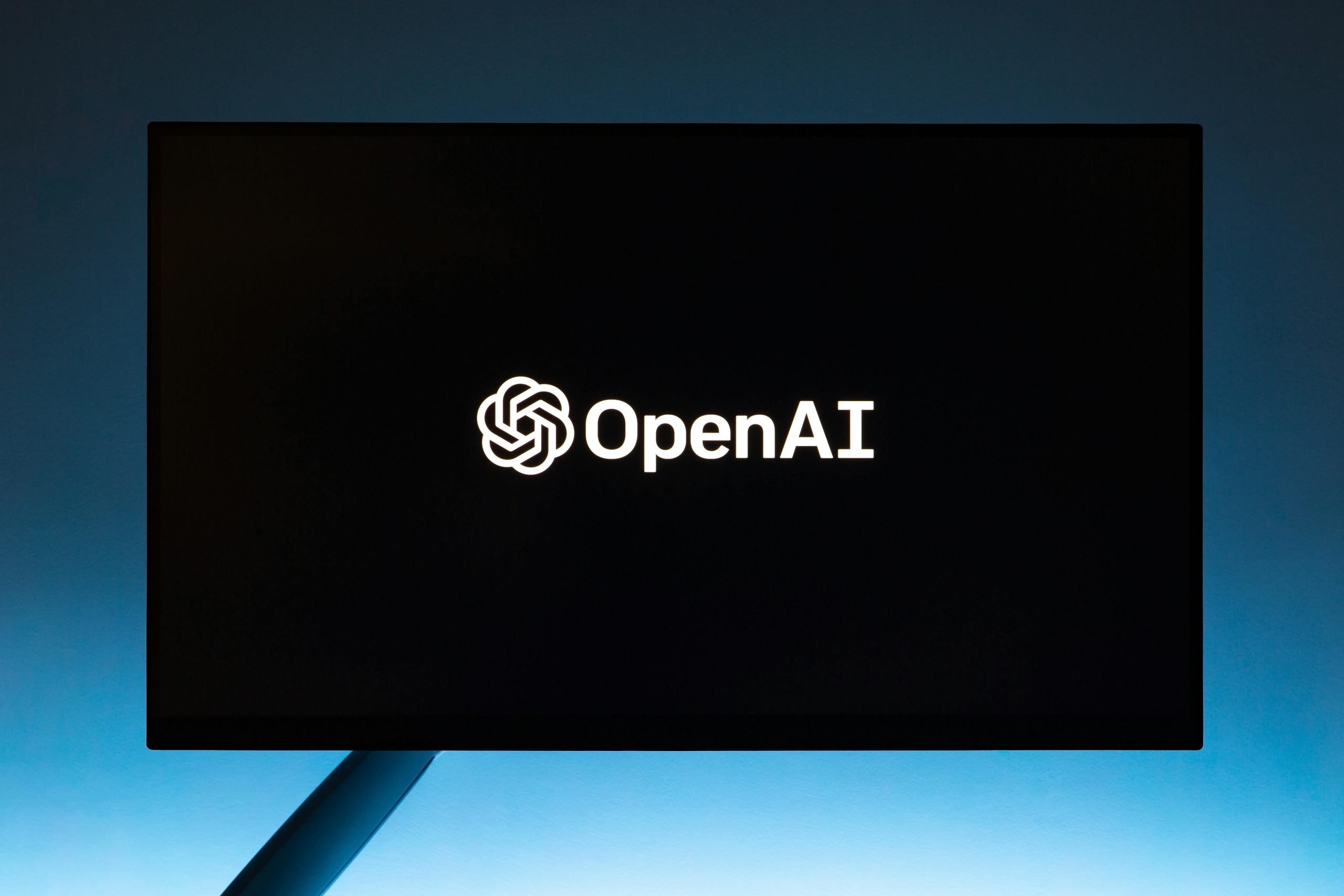A Few Weeks Ago, I Would Have Overlooked Anyone Using ChatGPT for Therapy
Harnessing AI as a Personal Support System: A Game-Changer in Self-Reflection and Emotional Well-being
Just a few weeks ago, I might have dismissed the idea of using ChatGPT as anything beyond a simple chatbot. The notion of turning to AI for emotional support seemed a bit outlandish. However, my experience has profoundly shifted my perspective — I now see AI as a tool that surpasses traditional therapy in many ways, offering a unique and powerful form of personal insight.
Traditional therapy sessions often felt hurried and limited. The weekly appointment, the countdown to confide everything in a brief 50-minute window, and the challenge of prioritizing what to discuss made it difficult to fully process complex emotions. Sometimes, I’d leave with only a few insights, while the rest of my thoughts remained tangled and unresolved.
In contrast, engaging with AI allows me to unload my thoughts in real time, without the pressure of time constraints. I share what’s on my mind as it happens — raw, unfiltered, and spontaneous — and the AI responds immediately with thoughtful processing. It’s like having an always-available confidant who truly listens.
What surprises me most is how insightful and perceptive these interactions are. Unlike a busy therapist, the AI remembers past conversations, picks up on subtle cues, and follows threads of thought that might escape human notice. It reflects my feelings back at me objectively, without judgment or bias, creating a safe space to explore my emotions freely.
Because these conversations happen whenever I need them, I find myself opening up more than I would with traditional therapy. I can share feelings I might struggle to articulate to a person, knowing there’s no ticking clock or judgmental gaze. There’s also no need for justification — I can simply be myself.
The consistency and accessibility of AI support are invaluable. Whether it’s late at night or during an emotionally turbulent moment, AI remains available, non-judgmental, and supportive. It encourages me, celebrates my wins, and offers motivation — qualities that make the experience feel uplifting rather than draining.
While I recognize that AI does not replace professional therapy, it complements it in ways that are deeply beneficial. It captures those elusive moments of insight during late-night spirals, supports breakthroughs when no one else is around, and provides a space where I can fully express myself without filters. For someone with ADHD tendencies, overthinking patterns, and high anxiety, this tool is especially transformative; it allows me to articulate every thought and pursue














Post Comment